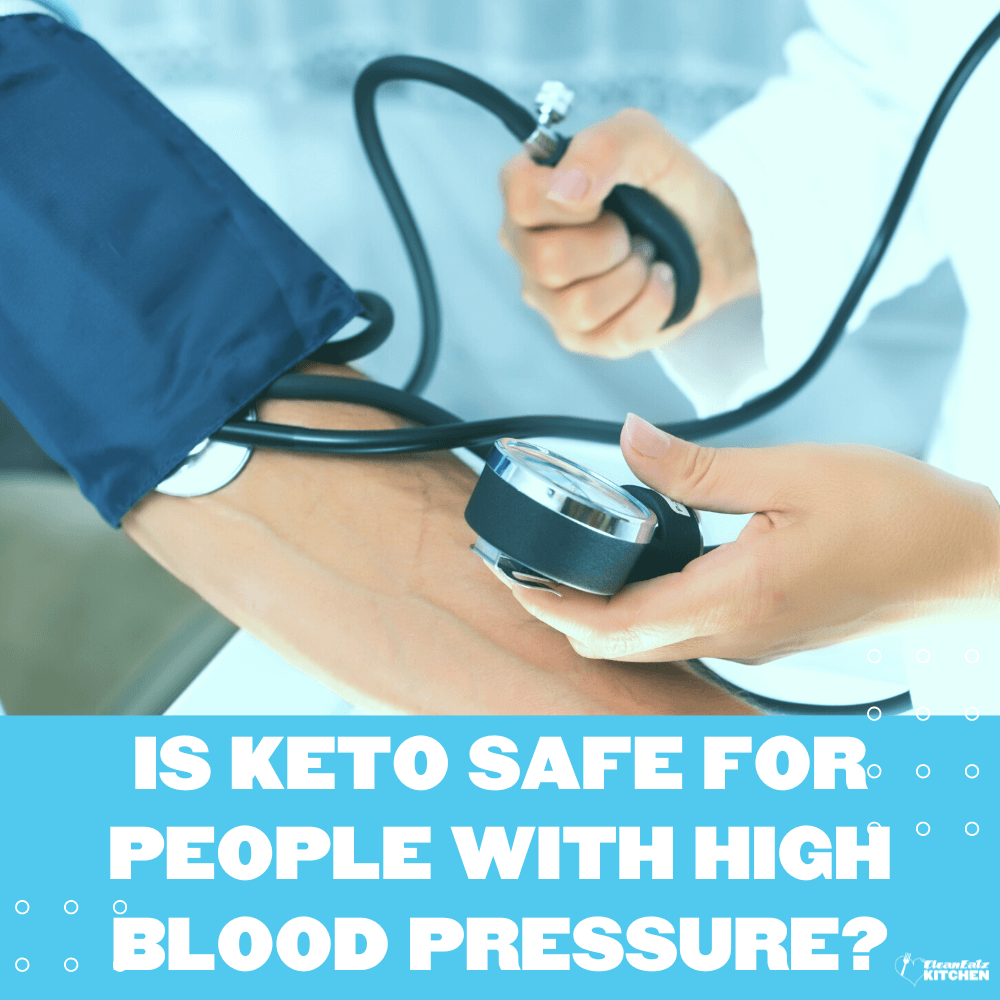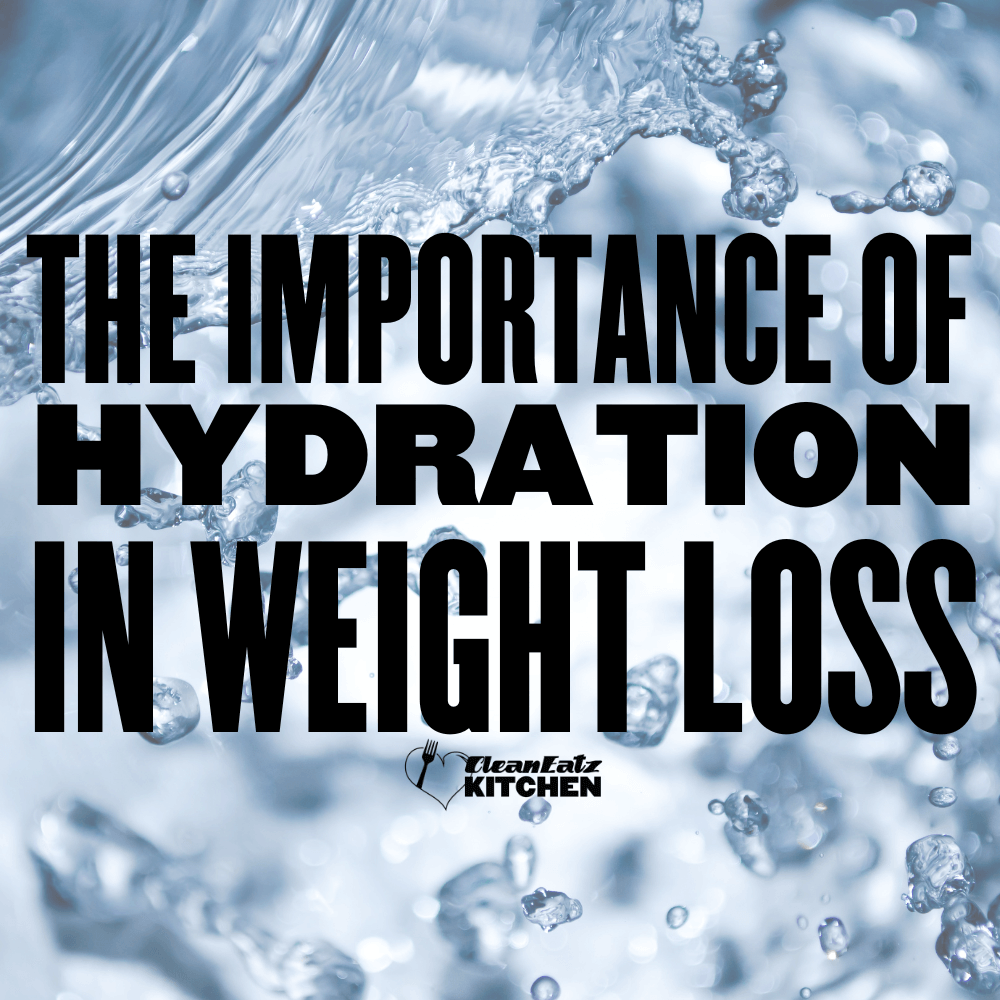
Is A Keto Diet Safe For People With High Blood Pressure?
Jason Nista
Nutrition
|
Healthy Lifestyle
6 minute read
Is A Keto Diet Safe For People With High Blood Pressure?
You say you want to attempt a low-carb keto diet, but you already have high blood pressure? Interestingly, it might be possible that this will be the natural remedy that lowers your blood pressure. Is a keto diet safe for people with high blood pressure?
In this post, we’ll go over the following points
-
What is a keto diet?
-
Keto diet concerns
-
Is a keto diet safe for people with high blood pressure?
-
What can you do?
What Is A Keto Diet?
The ketogenic diet, or "keto diet," is a high-fat, low-carbohydrate meal plan that has been increasingly popular in recent years as a means of losing weight and improving health.
The diet works by putting the body into a metabolic state called ketosis, in which fat rather than carbs are burned for energy.
Despite the diet's success in helping people lose weight and control their health issues, others worry that those who suffer from hypertension, or high blood pressure, may be at risk.
Keto Diet and Hypertension
Millions of individuals throughout the world deal with the major health issue of hypertension. High blood pressure is a hallmark of this condition, and it raises the risk of cardiovascular disease, stroke, and kidney failure over time.
Medication is often used in conjunction with lifestyle modifications such as adopting a heart-healthy diet, increasing physical activity, and controlling weight, to treat hypertension.
The ketogenic diet, which is high in fat and low in carbohydrates, has been shown to be useful in the treatment of epilepsy, weight loss, and the control of diabetes, among other things.
However, there is some cause for concern that the high fat content of the diet may raise the chance of developing heart disease, which is one of the most serious complications that can arise from hypertension.
Keto Diet Concerns
It may increase the risk of heart
One of the main concerns about the ketogenic diet is that it may increase the risk of heart disease by raising cholesterol levels. This is in a sense if the diet is high in saturated fats, which have been found to increase the risk of heart disease.
It may increase blood pressure
The possibility of an increase in blood pressure is another worry for those considering the ketogenic diet. The diet is low in carbohydrates, which can lead to a decrease in the levels of insulin and sodium in the body.
An increase in blood pressure has been linked to low levels of insulin and salt, both of which play key roles in blood pressure regulation.
However, this increase in blood pressure is typically short-lived and usually decreases over time as the body adapts to the diet.
The diet may be high in sodium
It's also important to note that a ketogenic diet can be high in sodium, which is not good for hypertension.
Processed meals and quick foods are often high in sodium, so it is vital to be cautious of the salt content of foods when following a ketogenic diet.
It may cause electrolyte imbalance
Athletes and those on the ketogenic diet are particularly vulnerable to electrolyte deficiency. Flu-like symptoms (keto flu), such as those caused by a lack of insulin and salt in the body, are a common side effect of the ketogenic diet's induction phase.
Is A Keto Diet Safe For People With High Blood Pressure?
Despite these concerns, there is some evidence that the ketogenic diet can be safe for people with hypertension.
On hypertension and heart diseases
According to a study, it was found that the keto diet led to a reduction in blood pressure in people with hypertension.
Another study revealed that the keto diet led to a reduction in the risk of heart disease in people with hypertension.
What Can You Do?
While the ketogenic diet may be effective for weight loss and the management of certain health conditions, it is not appropriate for everyone.
Those who suffer from chronic renal or liver illness should not embark on the diet without first consulting a physician. Women who are pregnant or nursing should also not follow the diet.
People with hypertension should exercise caution when trying a ketogenic diet and should get medical advice before beginning one.
Consult your doctor
It's also important to work with a healthcare professional to make sure that you are getting the right balance of nutrients, such as sodium, potassium, and magnesium, to prevent electrolyte imbalances.
Monitor your blood pressure
If you have hypertension and are considering a ketogenic diet, it is important to monitor your blood pressure regularly and consult with a healthcare professional to determine whether this dietary approach is appropriate for you.
Choose quality fats
It's important to note that not all fats are created equal. The ketogenic diet emphasizes on healthy fats such as olive oil, avocado, nuts and seeds, and it also encourages the consumption of omega-3 fatty acids, which have been found to have a protective effect on the heart.
Some people who have high blood pressure may experience an initial increase in blood pressure during the first few weeks of the diet, but this typically decreases over time as the body adapts to the diet.
Make healthy lifestyle changes
It's also important to note that a ketogenic diet should not be used as a sole treatment for hypertension. Lifestyle changes, such as eating a healthy diet, getting regular exercise, and maintaining a healthy weight, are also important for managing hypertension. Medications may also be necessary to control blood pressure in some individuals.
Our Take Away
Is a keto meal delivery service safe for people with high blood pressure? In conclusion, the ketogenic diet may be risk-free for certain people who have hypertension; nevertheless, following such a diet should only be done so under the supervision of a qualified medical practitioner.
While adhering to a ketogenic diet, it is critical to keep a close eye on one's blood pressure on a regular basis and to seek the advice of a qualified medical practitioner to ascertain whether or not this particular diet plan is suitable for one's individual needs.
Additionally, it is essential to make certain that you are receiving the appropriate proportion of nutrients, and it is critical to collaborate closely with a qualified medical practitioner in order to forestall any potential electrolyte imbalances.
Alterations to one's way of life, in addition to medical treatment, are essential in the management of hypertension.
Related Articles
The Importance of Water in Weight Loss
7 minute read
How To Make the Most of a Home Gym and Limited Space
6 minute read
Healthy Grilled Chicken Recipes for a Summer Cookout
8 minute read



